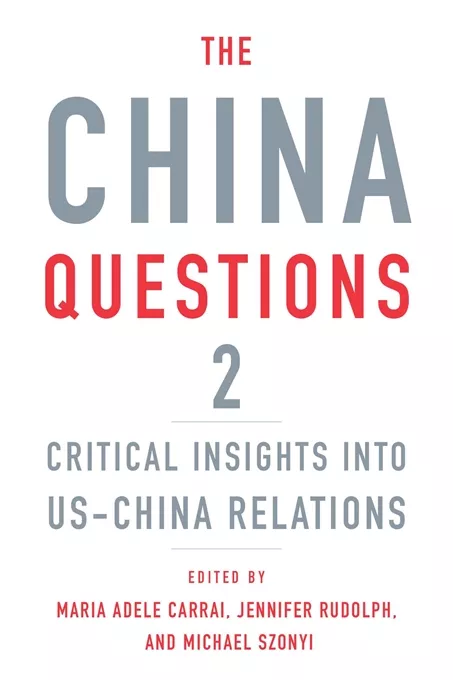
This chapter appears in Maria Adele Carrai, Jennifer Rudolph, and Michael Szonyi (eds.), The China Questions 2: Critical Insights into US-China Relations (Cambridge, MA: Harvard University Press, 2022).
For the United States, the dominant approach has been economic coercion. Despite applying stringent sanctions, the United States has been ineffective in convincing North Korea to give up its nuclear arsenal in return for a brighter economic and diplomatic future. The myriad U.S. sanctions have also failed to halt major progress in North Korea’s nuclear and missile programs. However, these setbacks have not caused the United States to change its strategy of economic coercion. On the contrary, the United States has considerably increased its use of this economic statecraft tool. In contrast, China has deepened its economic engagement with the North Korean regime since the late 2000s. Through the relationship between the Chinese Communist Party and its counterpart the Workers’ Party of Korea, China has cultivated and monetized political ties. Doing so has provided a powerful mechanism through which the Kim family regime—leaders of North Korea’s ruling and prosperous 1 percent—has shored up stability and thrived.
John Park, “Where Do Divergent US and Chinese Approaches to Dealing with North Korea Lead?” in Maria Adele Carrai, Jennifer Rudolph, and Michael Szonyi (eds.), The China Questions 2 (Cambridge, MA: Harvard University Press, 2022).





